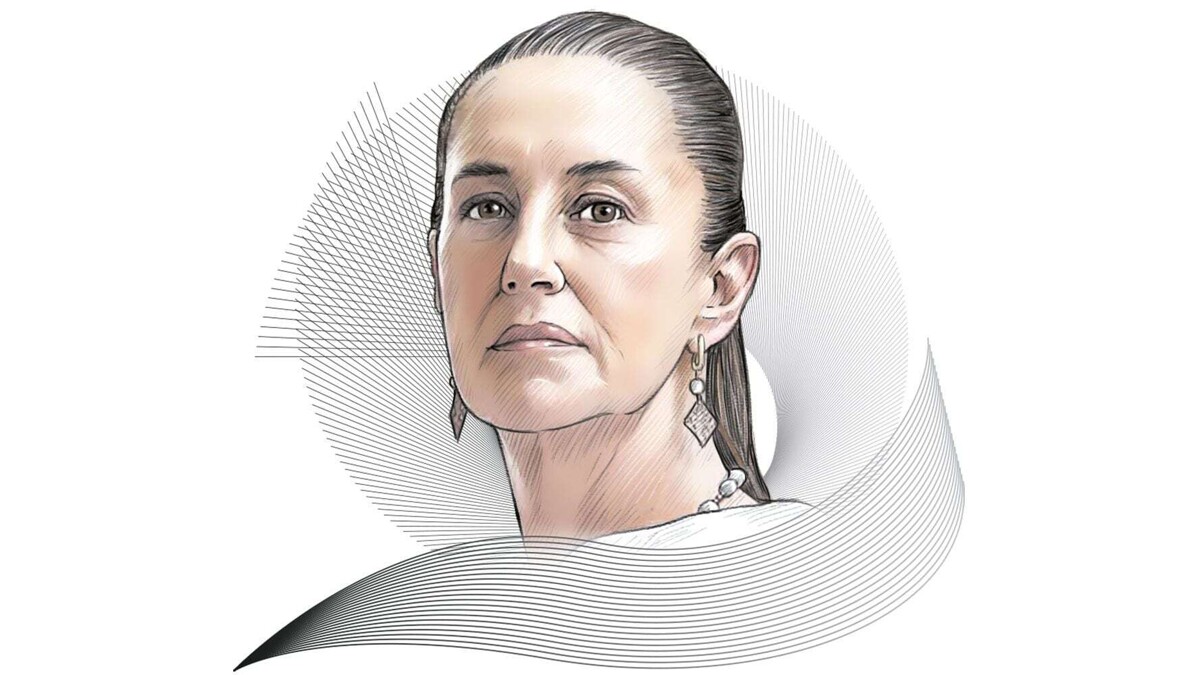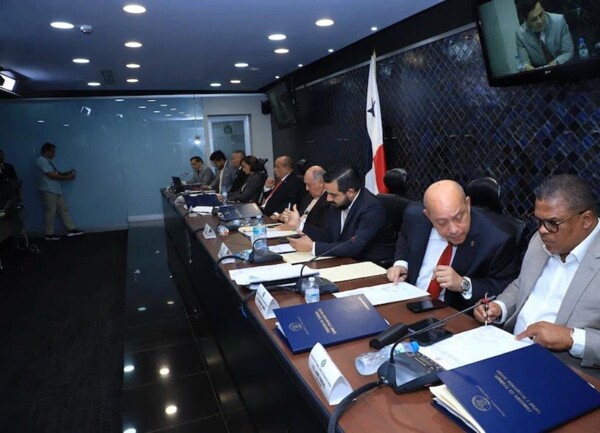
President Claudia Sheinbaum's weekend was marked by uncertainty and intense activity, with meetings involving cabinet officials, business leaders, and the financial sector. The response to Donald Trump's threats against Mexico was analyzed, focusing on maintaining a "cool head." Finally, a phone call lasting nearly an hour managed to temporarily halt the tariffs Trump planned to impose, giving a "breather" to both economies.
Esperanza Ortega, president of Canacintra, pointed out that the month of pause is not a cause for celebration but rather for preparation for the review of the USMCA and possible tariff changes. It is emphasized that the trade balance is a shared issue between both countries, as in the case of the automotive industry. Canacintra remains alert at the northern border for possible implications for businesses, anticipating a negative impact on sectors such as automotive, bodywork, and auto parts.
If the proposed tariffs are applied, an estimated loss of 1.8 million jobs is projected. Pemex's Deer Park Refinery in Texas could be affected if tariffs are imposed on oil and gas imports from Mexico. Mexico supplies part of its oil to the refinery, so a tariff could harm both parties, impacting the fuel market in the United States and Mexico.
In another context, executives from Spanish banks BBVA and Santander praised Mexico's economic strength at the Davos Forum. They highlighted the country's structural advantages, such as its large economy and young population. Despite the current uncertainty, they see Mexico as a long-term winning country.
Finally, the reform of the Infonavit Law is addressed, which has generated debate in the financial and business sector. Despite adjustments made, there is still concern over certain critical points in the approved legislation. Uncertainty persists on this topic, awaiting future developments and decisions from Octavio Romero Oropeza, director of Infonavit.














